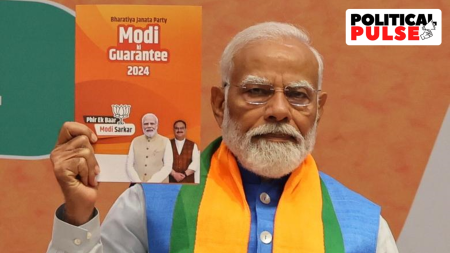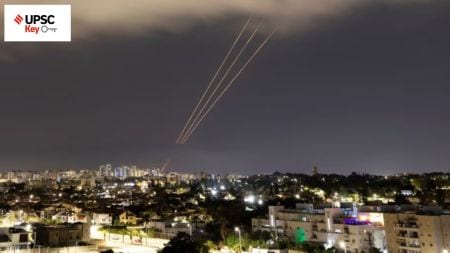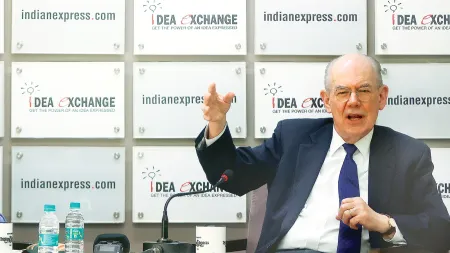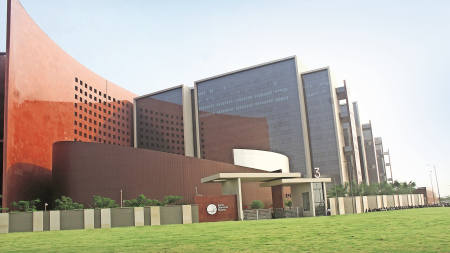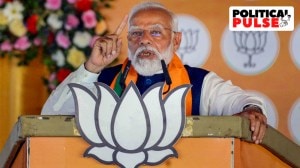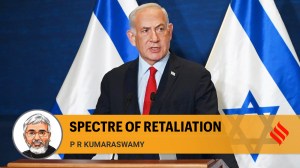- India
- International
Trafficking a social issue, courts alone can’t resolve it: Justice Sikri
Over 33,000 children go missing in the country every year.
Calling human trafficking the “worst form of violation of human dignity,” Supreme Court Justice A K Sikri said the various laws and judgments issued by the apex court and the high courts on trafficking cannot regulate the problem as it is a “social issue”.
Justice Sikri was speaking at the valedictory function of a three-day international consultation on Human Trafficking, organised by the Campus Law Centre (CLC), Faculty of Law, Delhi University, on Sunday.
In his speech, he emphasised that judicial action alone was not enough to combat the problem. “The judiciary alone cannot monitor every case. Implementation of guidelines is in the hands of enforcement agencies,” Sikri said.
[related-post]
He also said news reports showed that police were aware of traffickers, and those involved in trafficking also openly admitted to bribing police personnel.
“Over 33,000 children go missing in the country every year. The UN has put China and India on the watch list of countries where human trafficking occurs,” Sikri said, citing statistics that indicated the extent of the problem.

The judge also mentioned that two separate PILs were being heard by the Supreme Court on the issue.
Delhi High Court Justice Pradeep Nandrajog and Former Solicitor General of India Mohan Parasaran, in their speeches, also emphasised the socio-economic situation that allows for human trafficking.
“Riots and sexual violence are a reminder that we continue to be a sick society,” Justice Nandrajog said.
Parasaran stated that law enforcement officials were usually involved in trafficking and “veiled” the traffickers. “There is a need to bring the problem in the open and address it strategically,” he said.
During a session on the challenges faced in rehabilitating victims of trafficking, Justice Nandrajog also mentioned studies which indicated that 22 per cent of traffickers had political backing. He also said more than 54 per cent of police personnel did not see trafficking and forced labour as a problem.
The international conference was attended by delegates from various countries including Australia, Austria, Nepal, UK, USA, Egypt, Indonesia, and Korea, among others.
The various papers presented at the conference will now be published and placed before the National Human Rights Commission, the Supreme Court and other agencies for consideration, CLC professor in-charge Usha Tandon said.
Apr 16: Latest News
- 01
- 02
- 03
- 04
- 05




